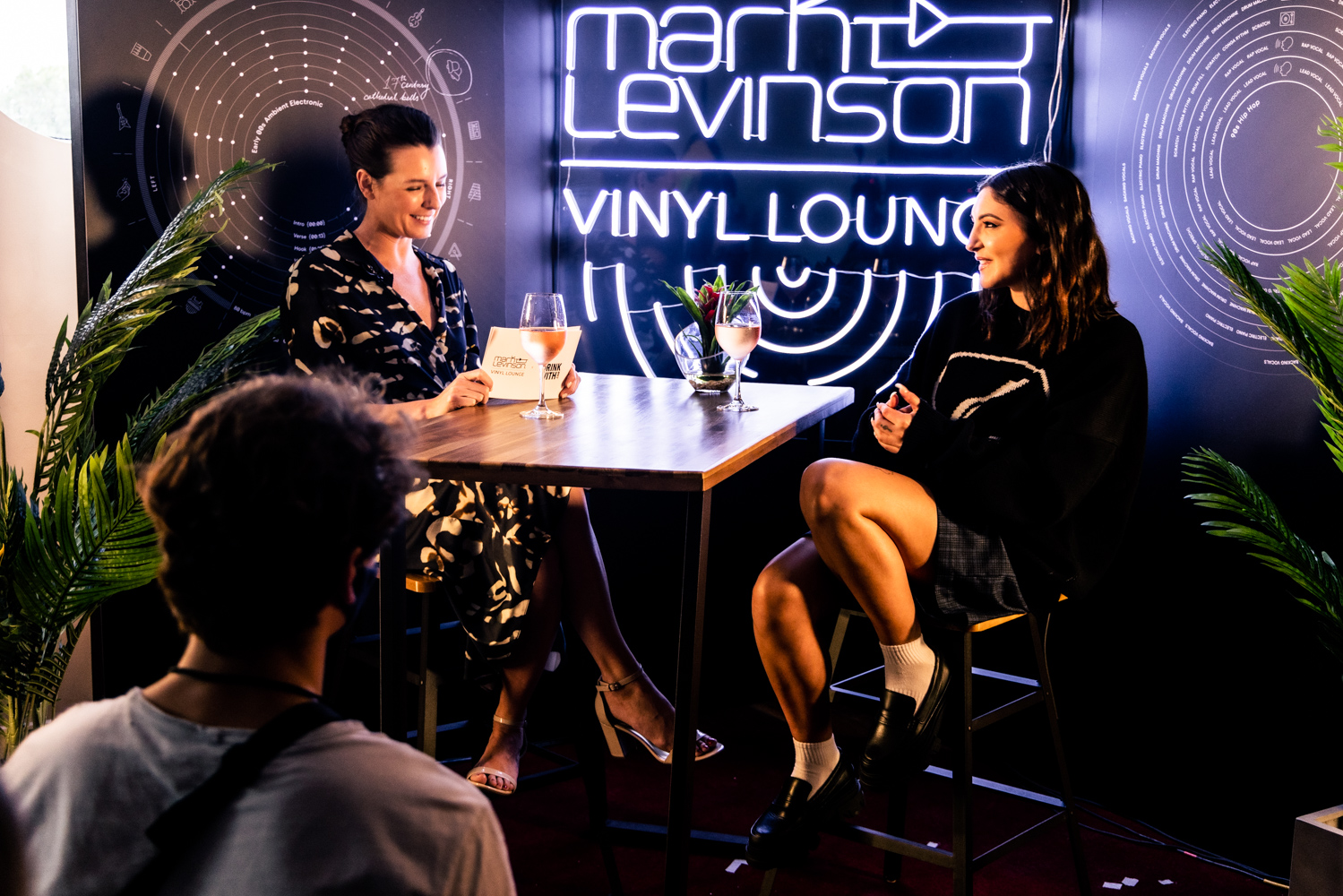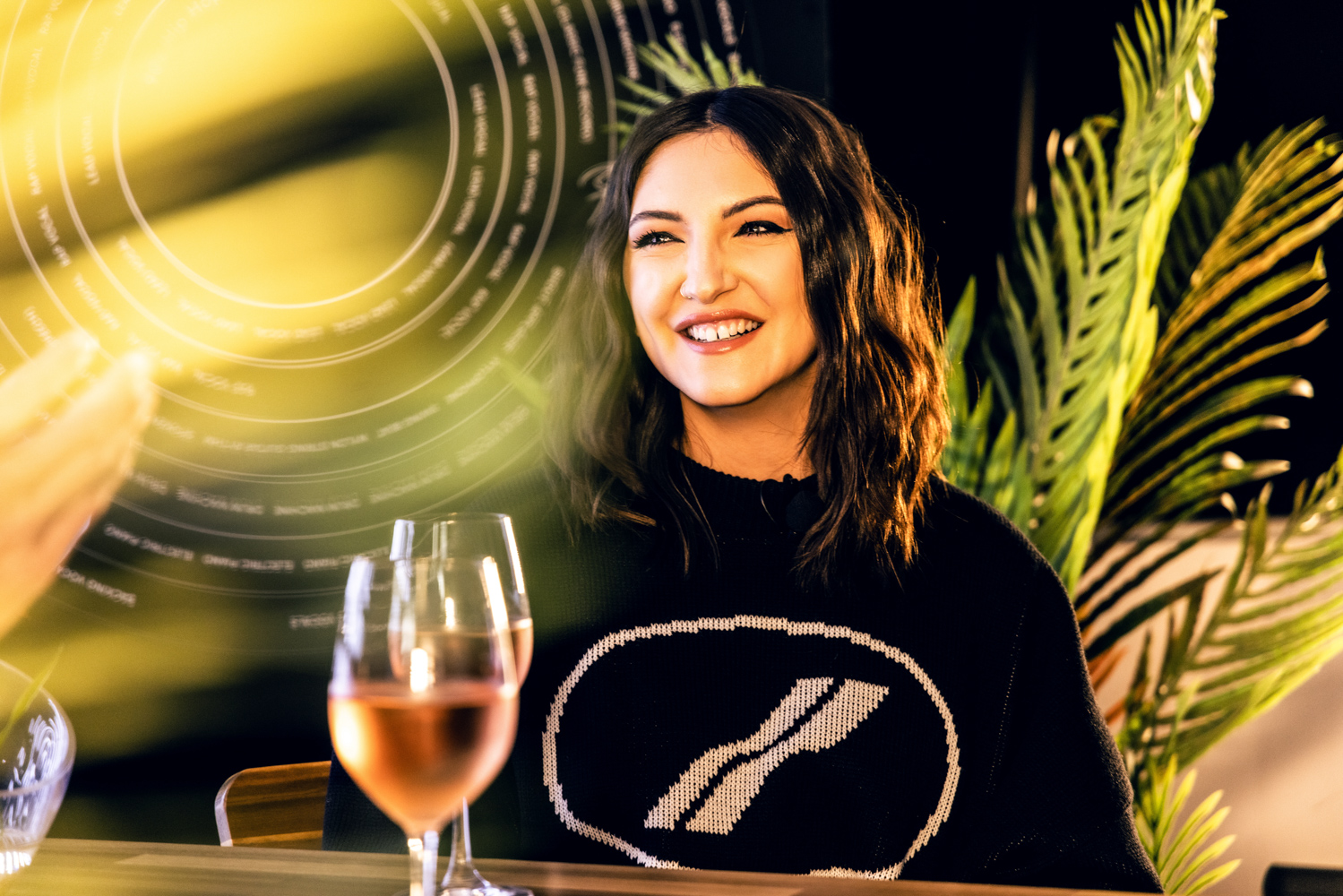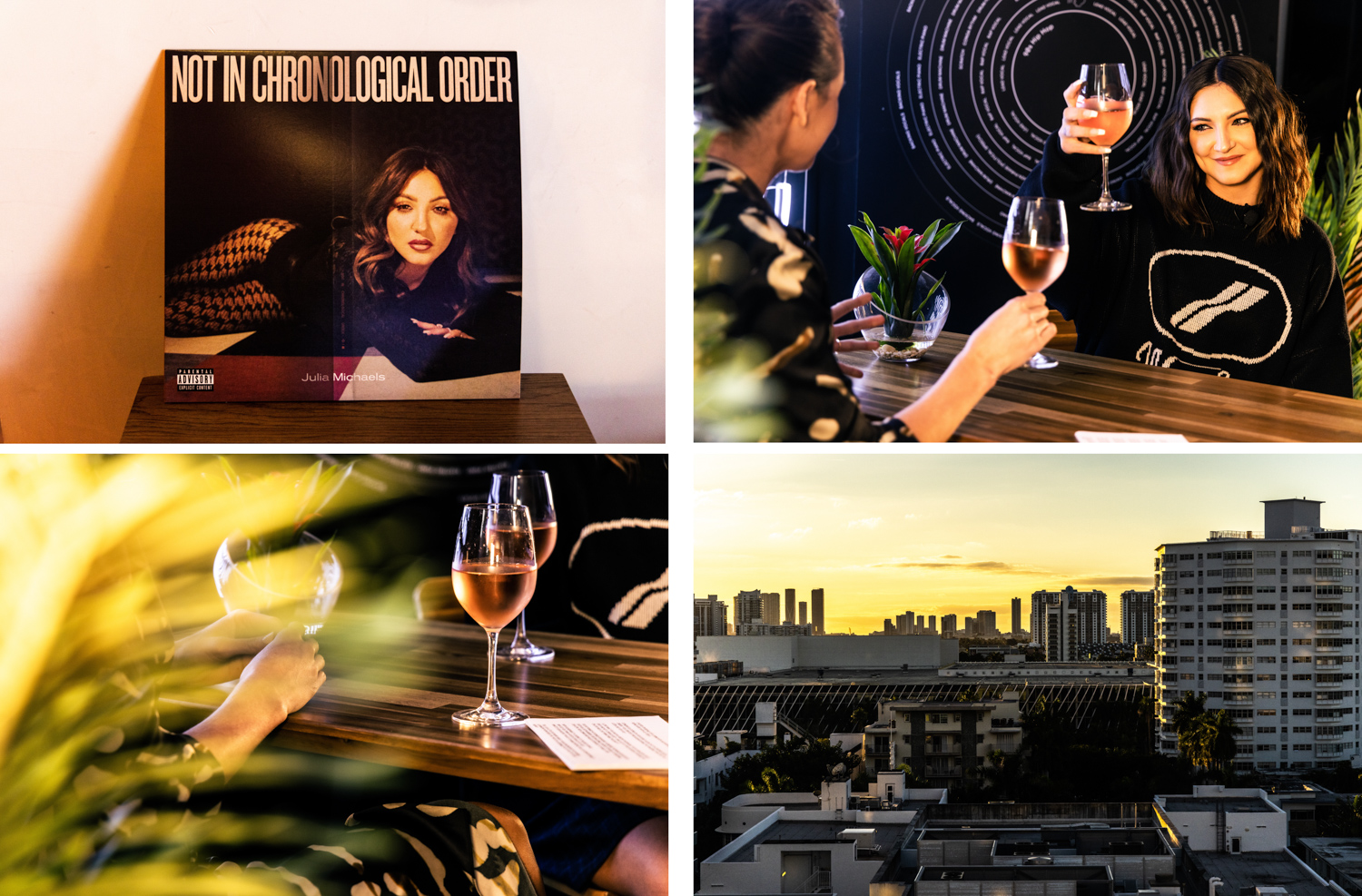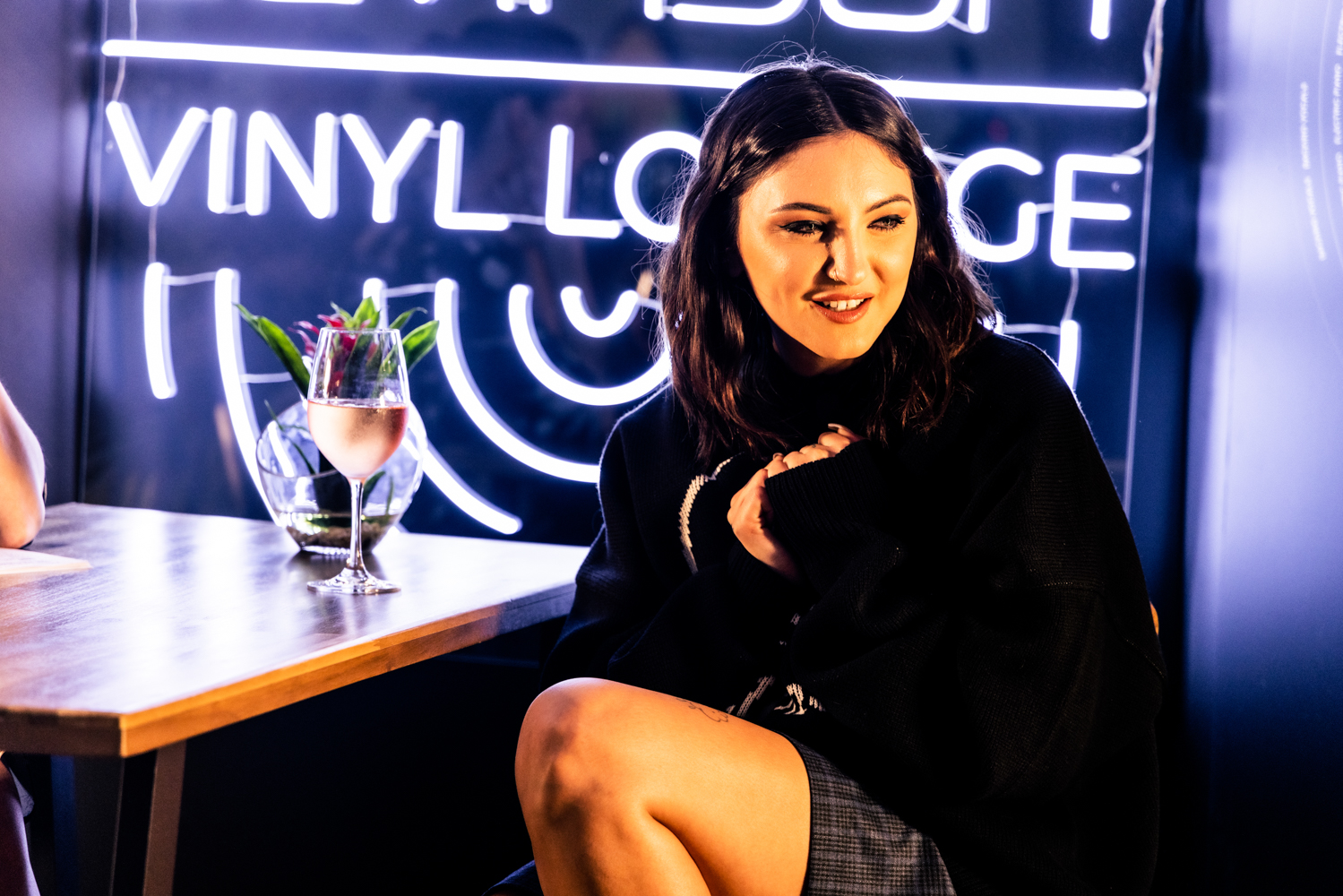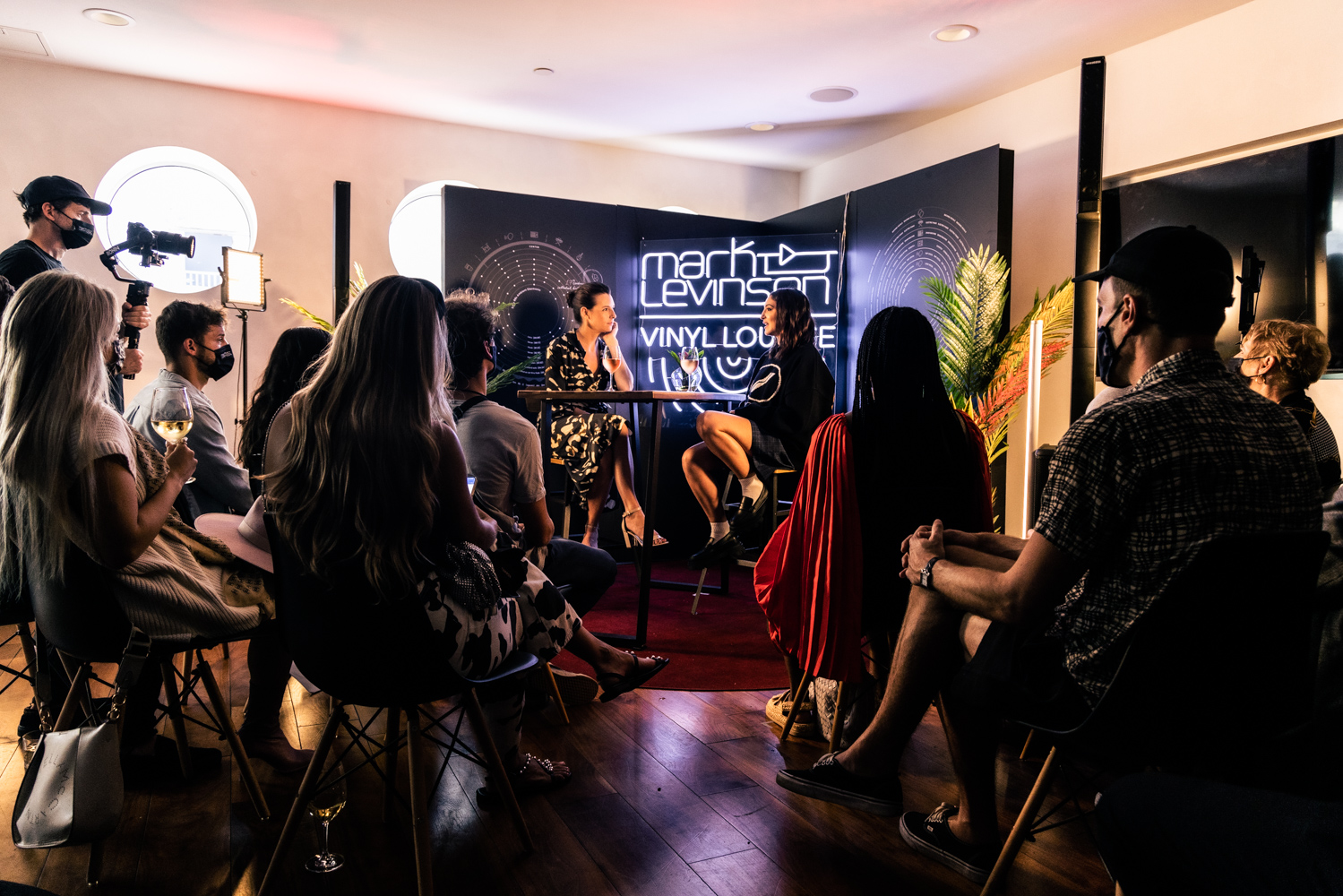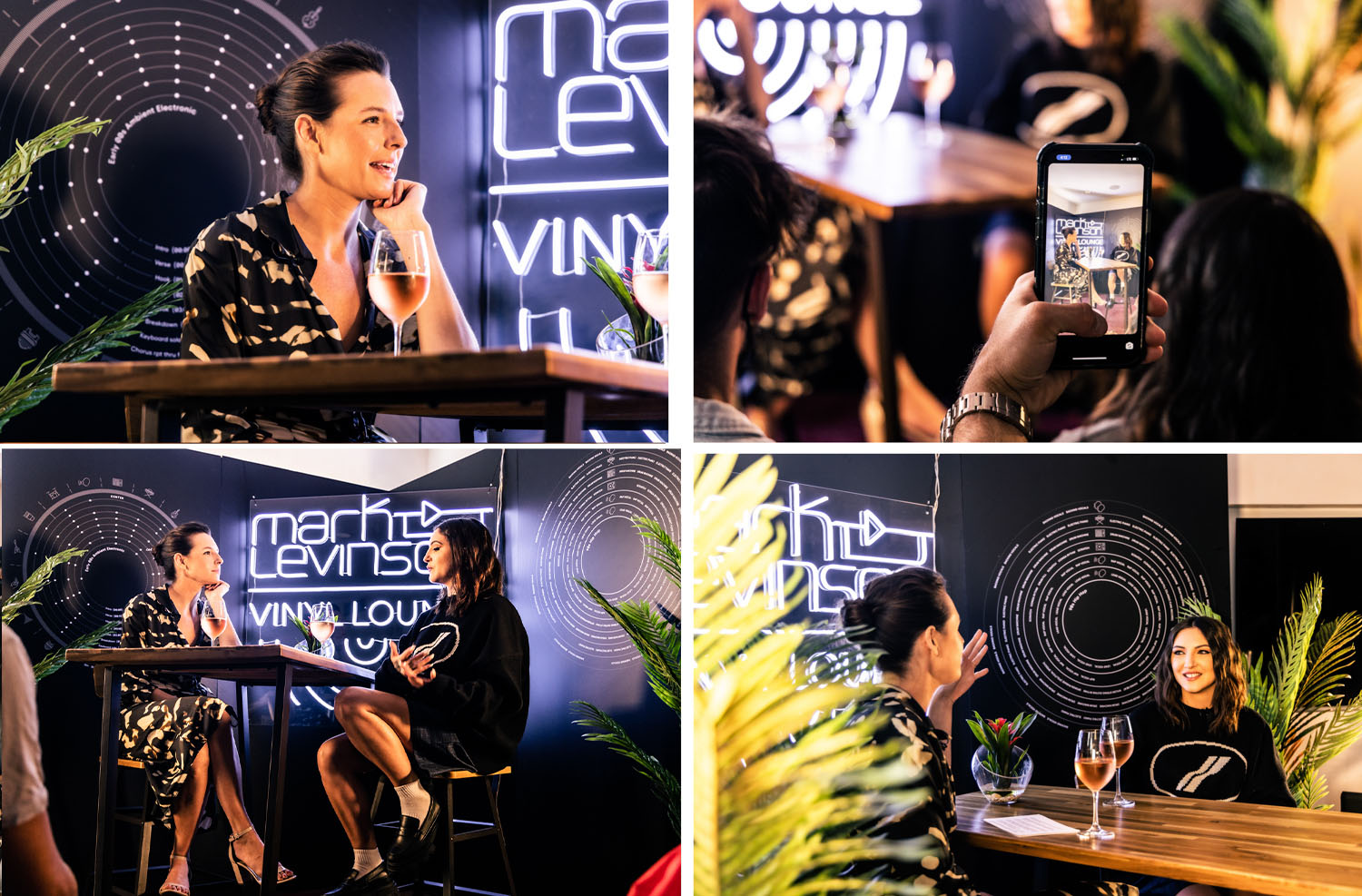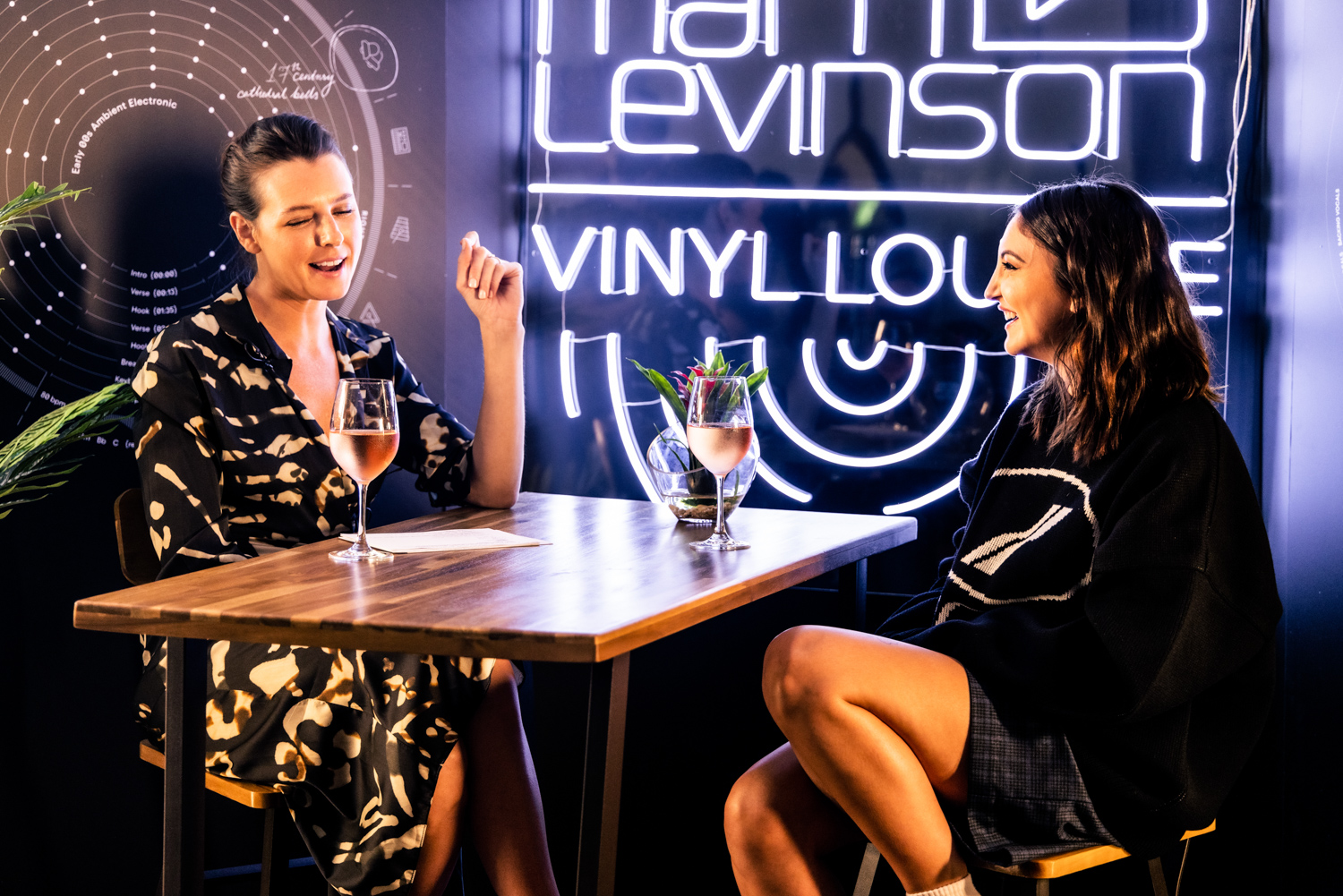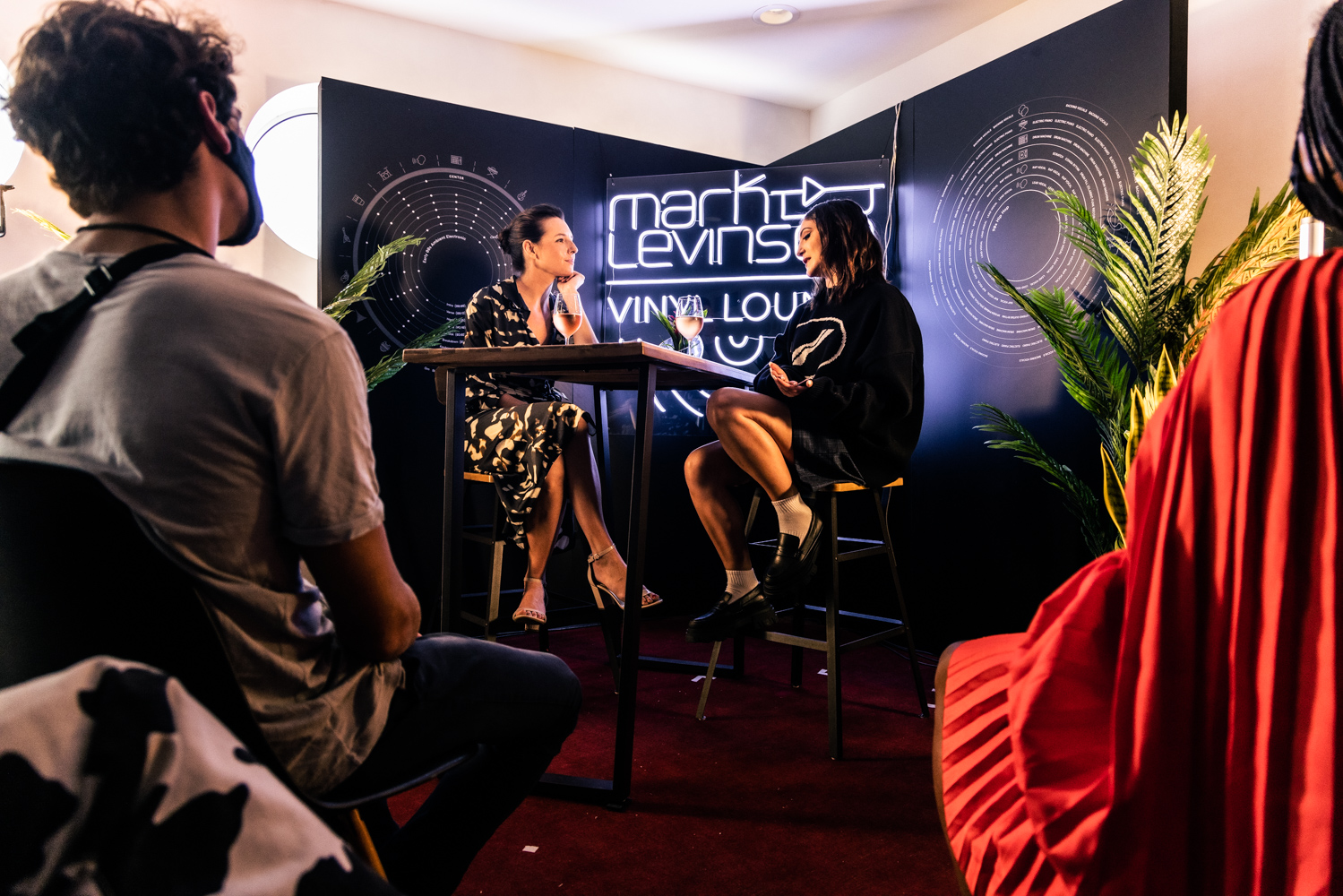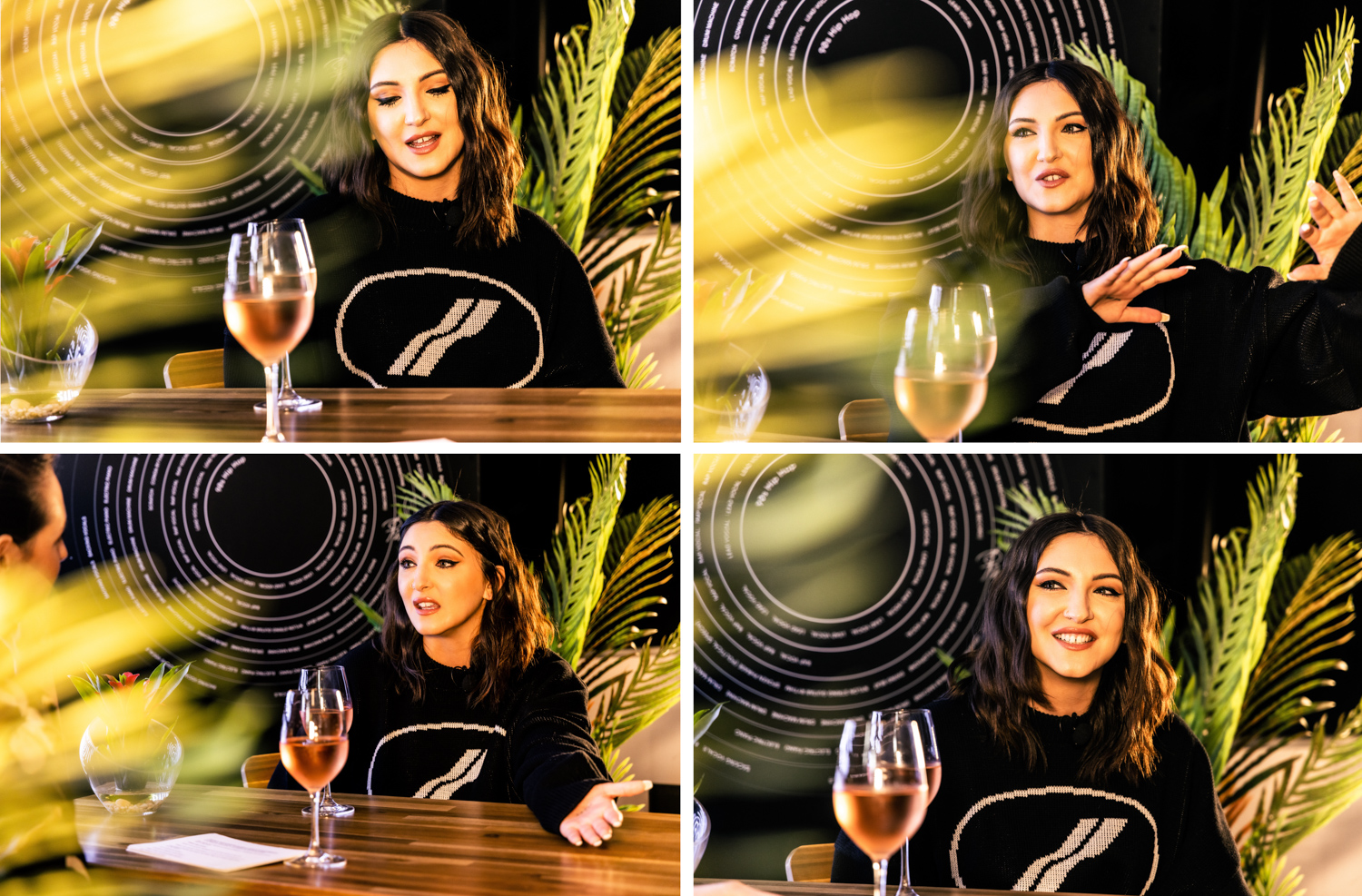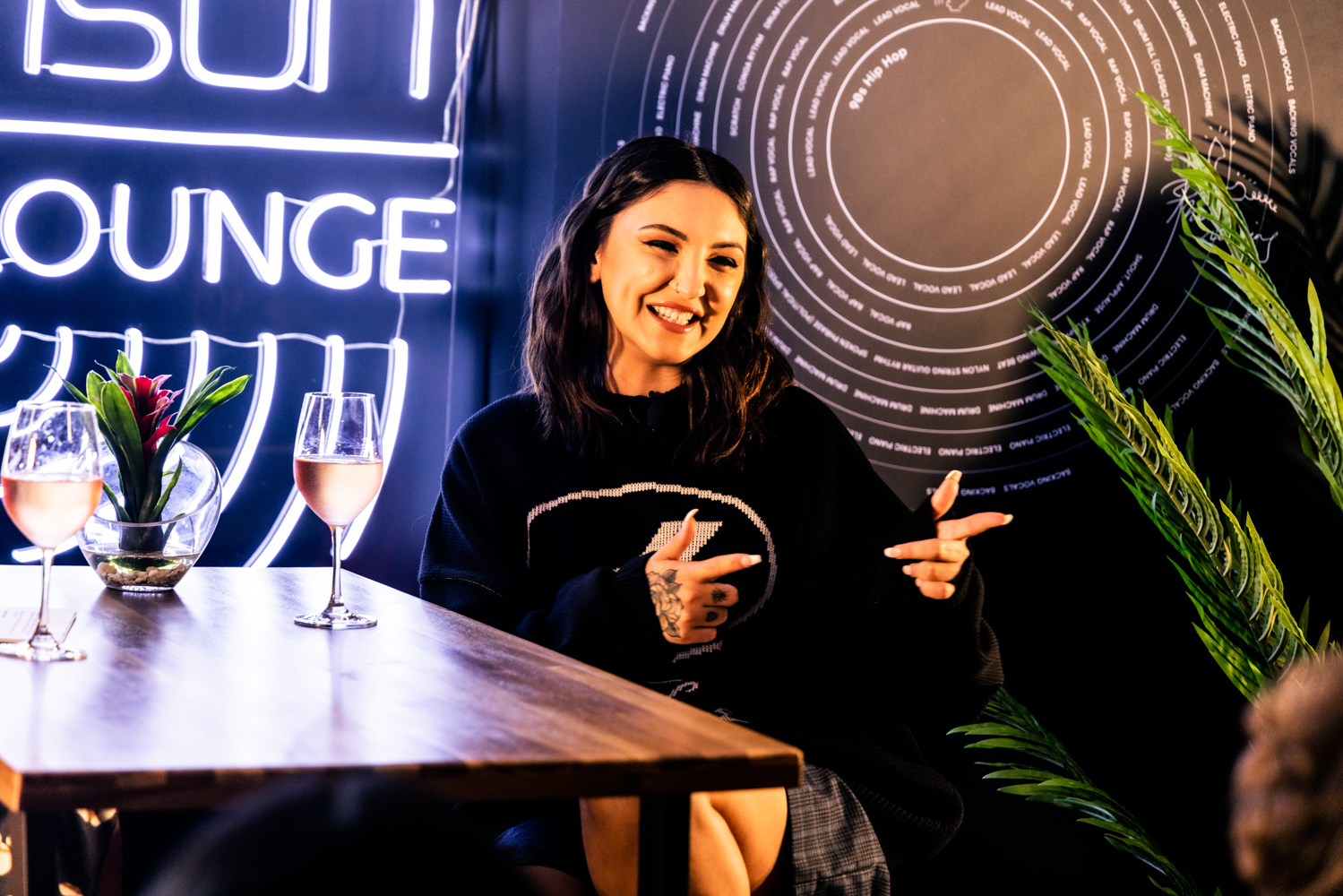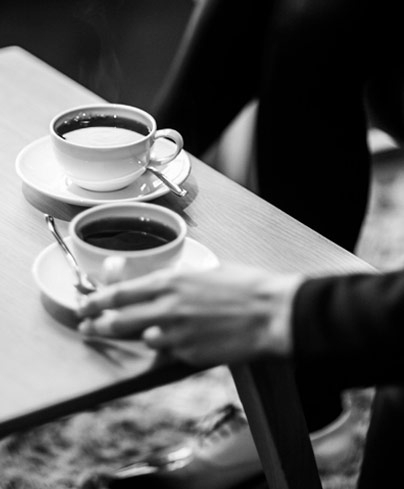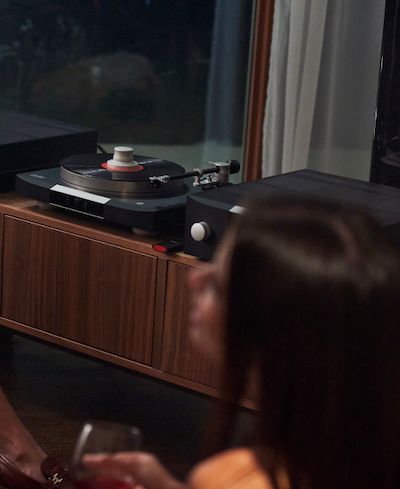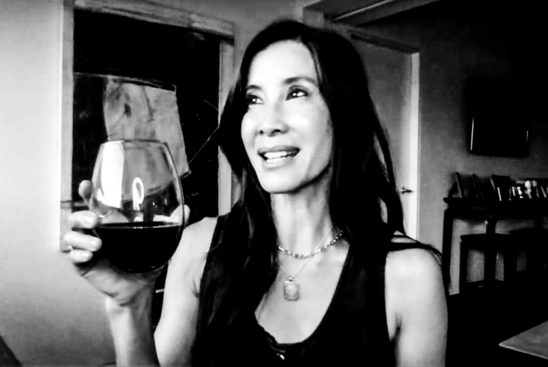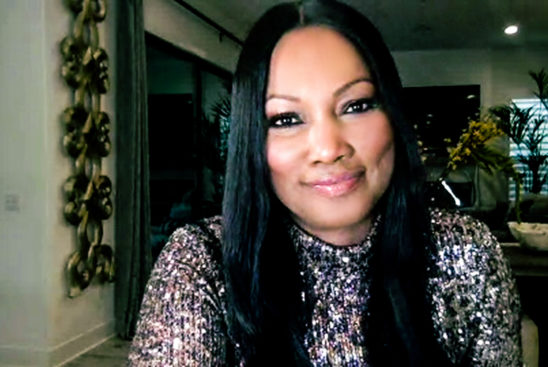Thank you very much. It was not that different from what I would normally do. I tend to sort of hole up with the same people, consistently. I was outside, and the producers were in their room. They would string in a SM7 so that I could put ideas down. If there was another songwriter like Michael Pollack or John Ryan, he would be on an opposite couch, outside. So, we were together, but it was all over the place.
Stability. I fell in love with someone that is not toxic, which is great. I didn’t grow up with a lot of good examples of healthy relationships. When you grow up, you realize that a lot of shows depict love as this very dramatic, chaotic situation. You watch “Mr. & Mrs. Smith” thinking, “Oh, that’s love. Got it. Check.” You start dating people and finding habits in people and then habits in yourself. It just takes growing and perspective and then falling in love with somebody that meets you halfway and grows with you. It’s really important. It’s so great you guys, you should try it.
For nearly a decade, you’ve penned hit songs for Justin Bieber, Selena Gomez, Britney Spears, Christina Aguilera, Gwen Stefani and Ed Sheeran to name a few. Why do you think artists open up to you?
Writing comes with a big level of trust. When people come to write with me, they know that I really respect what we do. They know that I’m going to write with them and I’m going to keep everything there… until the whole world hears it. I’m not the kind of person that goes into a room and then goes into another room to gossip. That’s just not my vibe.
Trust.
Trust. And communication. Because you’re working with somebody that you’ve never worked with before. They’re trusting you to help tell their story in a meaningful way. It’s a lot of pressure in the beginning, but then once you break that barrier, you have that together. You start to want to just do it together all the time.
Can you tell when a song is going to be a hit?
No. You can tell when something feels a little bit special, but I can’t tell. I can’t call it. No idea.
I’m excited to hear about your partnership with Mark Levinson. How does the art of listening play a role in your work?
That’s my whole career, that’s what it is. I write really honest music. It’s an acquired taste. A lot of my lyrics require you to really listen and take it in, which is why I think this is such a f*cking awesome partnership. This really is my f*cking job. Sorry. I have the mouth of a sailor.
Would you say you’re in a state of flow when you are in the studio? Time disappears and you are in an ultimate zone of focus and creativity?
Absolutely. Yeah. Writing for me is my… it’s my happy place. I used to feel like I didn’t have much of a voice in my personal life. So, when I would go to write songs, that was the place where I found a lot of my power. It was the place that I wanted to be the most. I could say whatever the f*ck I wanted in whatever way that I wanted. I felt like myself in the room. I still do that. I still walk into the room, put on the headphones and close my eyes. It’s just freeform, verbal vomit sh*t on the mic, and hope something good happens.
If you can’t tap into that zone, how do you unlock creativity? Where do you go? How do you get inspired?
If it doesn’t happen, I don’t put a lot of pressure on myself. I’m a human. I’m not a robot. A lot of the time, the reason why I write every day is because it’s scheduled. You’re not expected to write a great song every time you walk into the room. That’s just not going to happen. I don’t put too much pressure on myself. I like to think of creativity like the “Wheel of Fortune.” Or, “The Price Is Right.” When they spin the big wheel and it goes off, “Beep, beep, beep!” That’s how I feel when I get an idea. I’ll start thinking about memories that correlate to that idea. It’s like a flash of all these different ones. I think, “Alright, I’ve got enough. I’ve got enough of all these x’s to make one. Let’s go.”
How do you not let pressure or egos get in the way of your work?
I mean, pressure always gets in the way of work. And ego… I’m too self-deprecating to have one. Pressure always, it’s always a thing. Always something to navigate through. You have to know who you are. If people are asking different things from you, you have to think, “I get why you would want that from me, but I know who I am, and at the end of the day, that’s what you are getting.”
Quite a few of your songs have been written fairly fast. What stars need to align for that to happen?
There’s so many different ways of writing. Some people take a more mathematical approach. Some people come more from the heart. It’s so different. For me, that first instinct always feels the best. I’m not algorithmic at all. I really just write what I feel. Because of that, it can come relatively fast. Some of my songs have been written in 45 minutes. I think we wrote “Sorry” in 45 minutes. Others take a little bit longer.
What’s the key to a successful collaboration when you have so many talented people in a room?
A lot of navigating egos. No, I’m just kidding. To be honest, I don’t know. Some just work, and some just don’t. There’s no science to it. I wish I had a better answer.
As you and your career have evolved over these last 10 years, what’s been a high and a low?
The high was getting nominated for the Grammys. I’ve been nominated three times now, which is really special. Not only that, but nominated for songs that I’ve been a part of as an artist. That wasn’t my original goal. I was a songwriter, and that’s what I was going to be. I had written a song called “Issues” in a writing camp for somebody else. It was one of those songs where you just, you put too much of yourself in. You’re thinking, “Do I really want people to see this?” And it changed my life. It was the song that I sent to Republic [Records.] I was like, “What do you think?” And because of that, that’s where we ended up. So, that was a big high. And it took a lot. So much anxiety and so much adapting to a lot of things that I had never done, which was really intense.
But I’ve realized how adaptable people can be when you really, really want something. It’s amazing. The low… honestly, the low is the comedown from tour. Because when you’re on tour, it’s a lot of stimulation. You’re meeting so many people. You’re crying and you’re laughing with all these people every single night. There’s so much going on, and then you get on the bus and there’s just silence. And then you do that every day for three months straight. And then you go home, and you’re just in the silence thinking, “This doesn’t feel right.” There’s some weird chemical thing that happens to your body when you get off tour. Navigating that is really tough.
How do you make sure to take care of your mental health?
You have put yourself first in certain situations. Or find things that you love to do. On tour, I got really into drawing because it made me feel calm. At home I like to get my nails done because it makes me feel good. It’s the little things. Find your moments.
You’re a leader speaking out about outdated beauty standards. What else needs to happen to make more progress to normalize individuality?
Conversation. A lot of it, honestly, is social media. We’re conditioned to see everything as “Facetuned” and filtered and sunkissed and white. And everybody’s teeth are perfect. But this isn’t everybody. You think about girls that see this and want to attain it and they can’t, because that’s just not who they are. They’re trying to get rid of their freckles or get rid of the gap in their teeth. They’re trying to lose weight. You don’t have to do that to be beautiful. You’re already f*cking beautiful. Stop that. But that’s what they see all the time, every day. So, it’s tough. I think if more people were less about the filter and more about the truth, it would be different. If more people talked about embracing who they are, it would be a different story.
What’s next now that this debut album is out?
I recently started working on more music for myself, which is really exciting. It’s fun because I don’t plan it, and then something will happen where I’ll think, “This feels like the start of something.” It just goes from there. I like to say that I’m a little bit of Batman and Bruce Wayne at the same time, because I write for other people and also for myself.
Rapid Fire! Who is an artist you haven’t worked with yet, but would like to?
There’s so many, that’s so hard. Rapid fire. Drake.
A venue you haven’t performed at yet but is on your bucket list?
I’ve performed at a lot of places, but I’ve opened for a lot of people at those places. I would love to play Staples Center, that would be like goals. I guess it’s now Crypto.com Arena?
Where were you the first time you heard your song on the radio?
In the car, I was coming from Silver Lake to my house. It was on the radio… this was “Issues,” this was the first album. I was in traffic and it came on. I remember I turned, as if someone was next to me, and thought, “Oh my God, there’s no one there.” I just rolled the windows down and blasted it and I screamed. I screamed at the top of my lungs.
Go-to karaoke song?
Spice Girls, always. Always, Spice Girls.
Favorite comfort food meal?
Grilled cheese.
First thing you do after a show?
Cry. No, I’m just kidding. I shower. Because you get real gross, real quick.
Last person you texted?
Probably my mom, because she’s coming here.
If you could have a drink with anyone, who would it be?
Judy Garland. I’ve always loved her voice. I watch her and think, “You look like you’ve been through so much. I want to hear your story so badly, from you.”
And because we’re here at Art Basel in Miami with Mark Levinson, what are you most looking forward to performing tonight?
I haven’t performed a set in two years because of the f*cking pandemic, so I’m really nervous but I’m looking forward to doing it. I haven’t gotten to sing a lot of the new songs, so I’ll be singing a few of the new songs.
[Q/A George]
When you’re writing, how do you decide to keep a song for yourself or give it away?
A lot of the time, if I’m writing a song for another person, I’m with that person. I’m not the kind of person to write a song with someone and say, “I’ll take that, thank you.” So, if I do write something for myself, it is because I have been saving ideas that I really want to try out. I’ll get the people that I love working with into a room for like a week and see what we can come up with.
[Q/A Monroe]
Is there an artist or a songwriter that you would consider a role model?
I grew up on Fiona Apple, Alanis Morrissette, Ani DiFranco, Lauryn Hill, who, to me, were unapologetic and just so themselves. That’s what I’ve always tried to strive for as an artist and as a songwriter. They’ve had a huge impact on me.
[Hillary Sawchuk]
Speaking of people you grew up listening to, like Britney Spears and Christina Aguilera, what is it like to be in a room and work with them now?
That’s a good question. When I’m writing, I try to remember that we all bleed the same. We’re human. It’s only when I hear them on the microphone that I think, “Holy shit, that’s Gwen Stefani,” and then it really… it gets me.
I remember the first time I heard Britney sing on the mic. We did a song on “Glory” called “Do You Want to Come Over?” She heard it and said, “I need to sing this right now.” It was the first time I had heard her voice on something that we had done. She put on the headphones and she started singing, and I literally melted into the carpet. I think I stayed there for like 10 minutes. I didn’t get up. I’m so grateful there was a wall and a console where she couldn’t see me, because I was just thinking, “Holy f*ck.”



